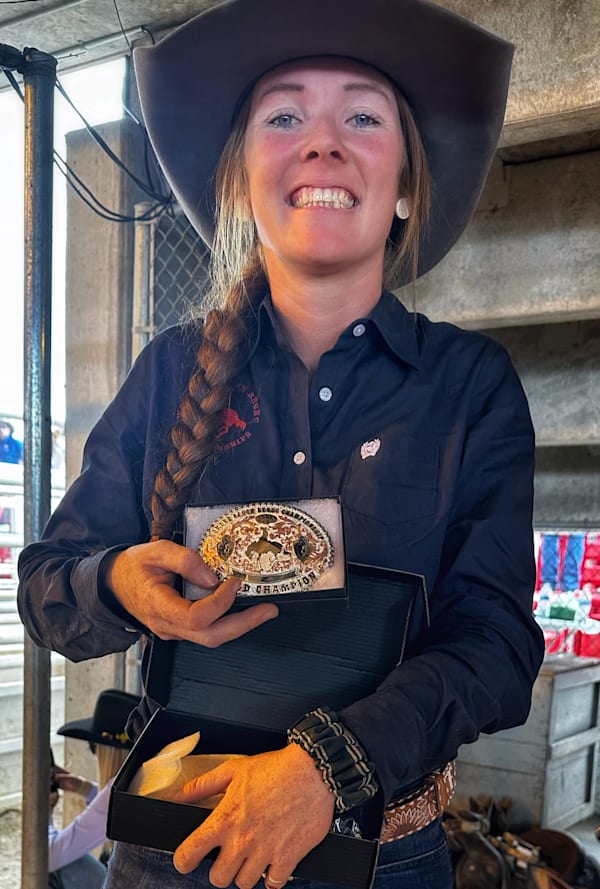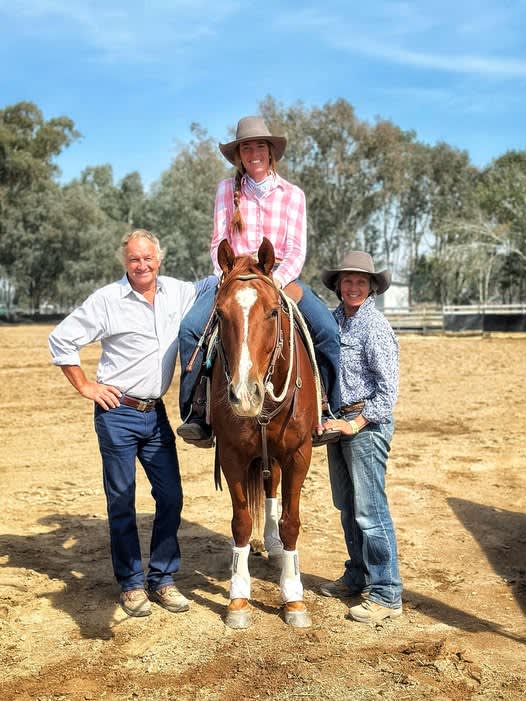MITCHELL Shire Council endorsed the Landscape Assessment Study (LAS) at its August meeting albeit following several last-minute amendments in response to concerns raised by the newly formed Protect Our Farms community group.
According to council the LAS is a comprehensive review of the shire’s landscapes, identifying areas of regional significance and proposing the application of a Significant Landscape Overlay (SLO) to protect these areas.
The study claims to enhance the shire’s natural beauty and rural character while supporting sustainable development and agricultural practices.
While welcoming some of the changes to the study presented at council on August 19, with 24 Protect Our Farms members in the gallery, it was obvious to those watching proceedings it had been a “flawed” process with a severe lack of communication with stakeholders.
Spokesperson for the group secretary Rae Clark strongly believed that the outcome at the meeting would not have occurred without the formation of Protect Our Farms.
Latest Stories
“The group was formed because our individual voices were being downplayed and ignored by the council,” Ms Clark said.
“By joining together, we’ve been able to amplify our concerns in a way that couldn’t be dismissed.”
During the council meeting councillors commented on the number of phone calls and emails they had received in relation to the issue especially after the Glenaroua Landcare meeting four days earlier where several councillors attended.
“One of our members said, ‘It’s the first time I can remember, from all these types of events I’ve attended, where council was really challenged beyond what they thought when they entered the meeting’”, Ms Clark said.
“That meeting, combined with the media coverage we attracted throughout August following our launch and the strong response from people across the shire, were key factors in council changing its mind at the very last minute,” she said.
The Mitchell Shire published the amendments added to the endorsement two days after the council meeting stating that it was “to address concerns raised by the community and to refine the implementation process”.
The first one is native vegetation permit requirements that will be modified to cross-reference existing exemptions outlined in Clause 52.17 (Native Vegetation) of the Mitchell Planning Scheme.
The intention is that vital activities such as regrowth removal, emergency works and fire safety measures are not hindered by the new overlay.
The proposed permit triggers for buildings and works under the proposed SLO will be benchmarked against similar overlays in nearby rural council planning schemes to ensure that the controls are appropriate and not overly restrictive.
An impact assessment of the proposed permits and application process will be conducted within the next six months to evaluate the potential positive and negative impacts on the environment, farming practices, rural vistas, and overall planning efficiency.
The final amendment is an undertaking by council to continue to engage with stakeholders and the broader community throughout this process.
“The LAS is a vital tool for ensuring that Mitchell Shire’s distinctive landscapes are protected as we continue to grow,” said acting Mayor Cr Nathan Clark.
“The modifications we’ve made are a reflection of our commitment to both our environment and our agricultural community,” Cr Clark said.
“We understand that changes to planning controls can be concerning, especially for our farmers and landowners.
“That’s why we’ve taken steps to ensure that the proposed SLO will not impact essential agricultural activities,” he said.
“Our goal is to strike a balance between preserving the shire’s natural beauty and supporting the livelihoods of our residents.”
“The changes are a first step but still show a lack of real engagement and add to our concerns about a flawed process,” said Ms Clark.
“Endorsing the study with last-minute changes that contradict what council was saying just days before the meeting raises serious questions.
“It feels like these amendments are more about re-election than a genuine attempt to address core issues,” she said.
The Protect Our Farms group had concerns about Cr Fiona Stevens use of scare tactics like ‘risk’ and claims of a ‘nine-year’ process to push for endorsing the study, despite the fact that these last-minute changes weren’t consulted on.
“We plan to keep engaging with council and trying to have input, but we’re skeptical about how genuine that engagement will be,” Ms Clark said.
“If council truly wanted to listen, they could’ve at least made copies of the motion available for the gallery on the meeting night”.
Ms Clark said the group’s reaction to the motions when provided—more than 48 hours after being passed—were mainly a superficial response to select issues farmers had been raising for weeks and months.
“It doesn’t seem like the written submissions played much of a role here; it’s more like they rushed to address what we’ve been amplifying most recently in Protect Our Farms media and communications,” she said.
The rushed nature of the amendments to the motion passed by council regarding endorsement of the study has raised concerns for Protect Our Farms’ members with the wording of the resolution.
Among the questions raised what is the point of an impact assessment after the study has been endorsed?
The purpose of the benchmarking exercise when council has already agreed to amend permit exemptions for buildings and works directly related to agriculture.
The group also queries why after clearly explaining that the permit requirements for native vegetation don’t belong in the SLO because they’re already covered in the Planning Scheme have been included.
“We highlighted key problems with council’s approach,” said Ms Clark.
“Many people weren’t even aware of the Landscape Assessment Study and its SLO proposals.
Council’s ‘consultation material’ was more like notification than consultation—it wasn’t clear, wasn’t targeted, and the drop-in sessions were poorly advertised and timed,” she said.
The launch of our website in late July gave people a place to connect, find out what was happening, and make their voices heard.
“Moving forward, Protect Our Farms will continue to hold Mitchell Council accountable and push for genuine engagement as the process unfolds.
“We’re focused on ensuring that further steps—like the impact assessment—are done properly, with real input from those directly affected,” she said.
The group is well aware of other local government areas where SLOs are impacting the ability to farm and happy to speak with anyone who wants advice or support.
"If council wants to avoid these issues in the future, they need to prioritise clear, targeted communication that actually reaches the people most affected," Ms Clark said.












